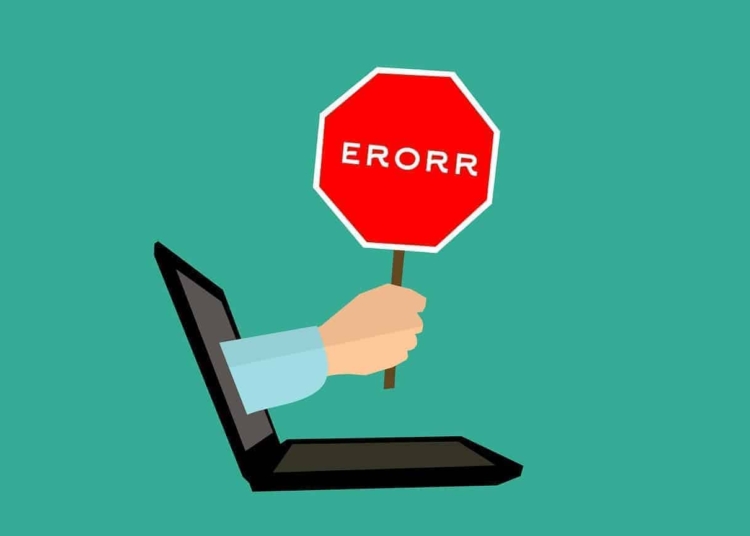From Limited to UG
After a short trip to the Limited (Ltd.) yesterday, I would like to point out today a problem that many people may not be aware of, but which I often notice. Young entrepreneurs in particular shy away from setting up a limited liability company, as they are either unable to raise the necessary share capital or – often enough – have misconceptions about how this can/may be used. One then opts for an entrepreneurial company and – often enough – uses only the model statute, which is unholy for lawyers. Unholy, by the way, not because, as a lawyer, one earns nothing from it, but because their use often carries unimagined risks for the founders.
However, this is a different issue.
Legal liability may be common
If you are the managing director of a company, you have to act in legal transactions with UG (limited liability). Unfortunately, some do not stick to it from time to time. But what happens then?
It could be entirely obvious if the form supplement, which is mandatory under Section 5a GmbHG, is replaced by “GmbH”. This is fatal, because it suggests to legal transactions that one deals with a legal entity, which at least initially was able to raise the main deposit of the GmbH – usually 25,000 euros. Such action leads to a separate claim against the managing director in accordance with Section 179 of the German Civil Code (BGB). This has already been confirmed by the Federal Court of Justice. It should therefore be done to act in such a way, for example to increase the chances of concluding with contractors who might otherwise fear being stuck on claims, since, in the worst case scenario, a company is only with 1 euro.
And without “limited liability?”
But what happens if the addition of “limited liability” is omitted, for example in contracts, and – perhaps out of scruence – is only traded with UG? This is a case-by-case, because even in the case of the use of GmbH instead of UG (limited liability), the approach of the Federal Court of Justice was the deception of legal transactions. And this too has been criticized, because even with a normal limited liability company, one cannot be sure as a creditor whether the share capital is still in full – or liquid – extent. Nevertheless, the judgment of the Federal Court of Justice is also applicable to the case of the omission of “limited liability”. However, there may have to be some progress, namely actual deception and a concrete trust, in order to lead to personal liability for the right of the managing director. This, in turn, will have to be judged differently by a consumer than by a merchant. The latter is to be expected to know what a UG is. At least for consumers, omitting the correct addition, including by mistake, could have fatal consequences for the executive director and lead to his own liability.
Especially online shops, online services, streamers and all others that use the now well over 100,000 entrepreneurial companies should take great care that a correct name is used always and everywhere and not – as perhaps from Marketing reasons wanted – a brand name.
But even in the case of entrepreneurs, there is still no conclusive judgment on this question and there are certainly voices that, from the absence of the addition “limited liability”, also in the case of entrepreneurs, a legal document liability under Section 179 of the German Civil Code (BGB) follows. So the risk is quite there and care can save a lot of trouble here later.
If the long company name is annoying, you might want to reach for a limited liability company right away. I would be happy to advise on the advantages and disadvantages.











































